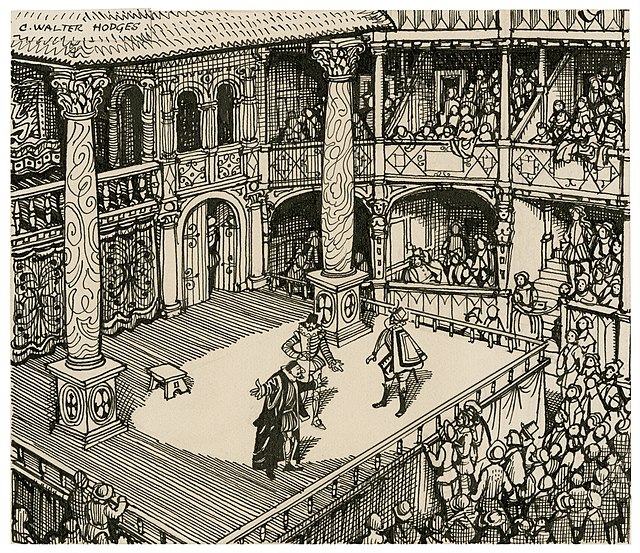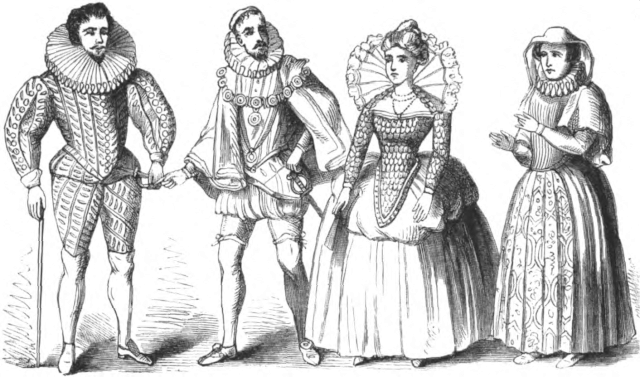
5 Popular Examples of Elizabethan Theatre
The Elizabethan era, which spanned from 1558 to 1603, was a period of tremendous creativity and artistic expression in England. The theatre was one of the most important cultural institutions of the time, and the Elizabethan theatre style became synonymous with drama that was both entertaining and intellectually stimulating. In this article, we will explore five popular examples of stageplays in the Elizabethan theatre style and examine the conventions they use.
1. Romeo and Juliet by William Shakespeare
Perhaps the most well-known play in the Elizabethan theatre style is Romeo and Juliet by William Shakespeare. This tragic love story follows the lives of two young lovers from feuding families, and its themes of love, passion, and family loyalty have made it a timeless classic. Some of the conventions used in Romeo and Juliet include:
- Use of iambic pentameter in dialogue
- Heavy use of soliloquies and asides
- Presence of a prologue and epilogue
2. Doctor Faustus by Christopher Marlowe
Doctor Faustus is a play by Christopher Marlowe that explores the consequences of making a deal with the devil. The titular character, a brilliant scholar, sells his soul to Lucifer in exchange for unlimited knowledge and power. Some of the conventions used in Doctor Faustus include:
- Use of blank verse in dialogue
- Presence of a chorus that comments on the action
- Themes of sin, redemption, and damnation
3. The Duchess of Malfi by John Webster
The Duchess of Malfi is a play by John Webster that tells the story of a widowed duchess who secretly marries her steward, much to the dismay of her brothers. The play explores themes of love, power, and revenge. Some of the conventions used in The Duchess of Malfi include:
- Use of blank verse in dialogue
- Presence of a chorus that comments on the action
- Themes of violence and death
4. The Alchemist by Ben Jonson
The Alchemist is a play by Ben Jonson that satirizes the greed and gullibility of society. The play follows the lives of a trio of con artists who convince their victims that they have the ability to turn base metals into gold. Some of the conventions used in The Alchemist include:
- Use of prose in dialogue
- Presence of comic characters and situations
- Themes of deception and greed
5. Volpone by Ben Jonson
Volpone is another play by Ben Jonson that explores the themes of greed and deception. The play follows the life of Volpone, a wealthy Venetian who fakes a terminal illness in order to trick his greedy acquaintances into giving him gifts. Some of the conventions used in Volpone include:
- Use of prose in dialogue
- Presence of comic characters and situations
- Themes of greed and deception
Elizabethan theatre is characterized by its use of blank verse, soliloquies, and asides. The plays of the era often explored themes of love, power, and redemption, and used a variety of techniques to engage and entertain audiences. The five plays discussed in this article are just a few examples of the rich and diverse body of work that emerged during this period of English theatre history.






